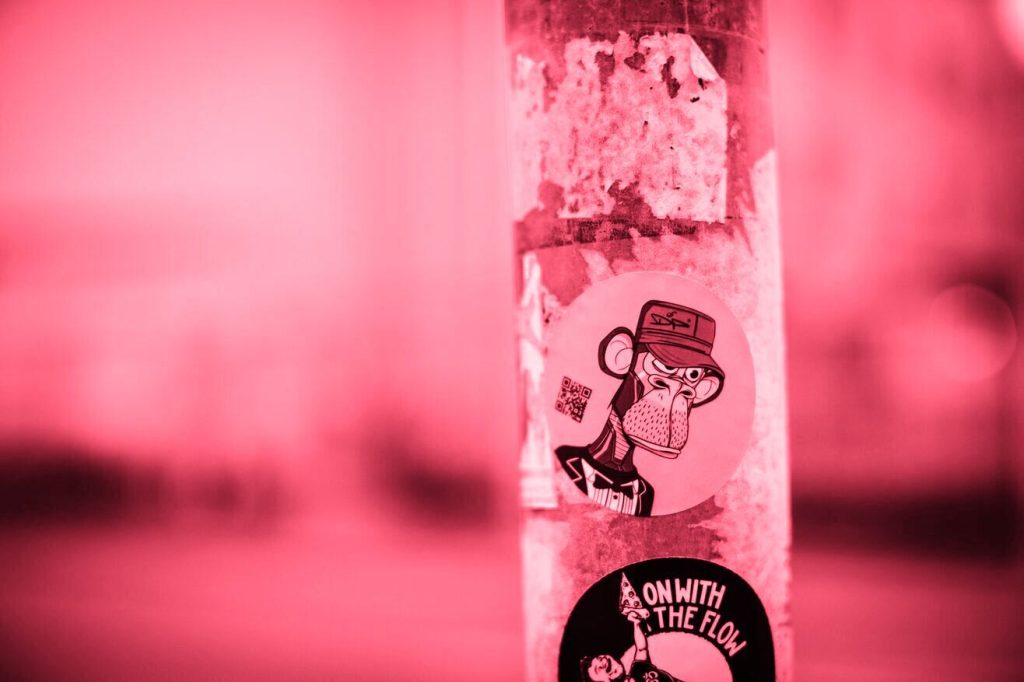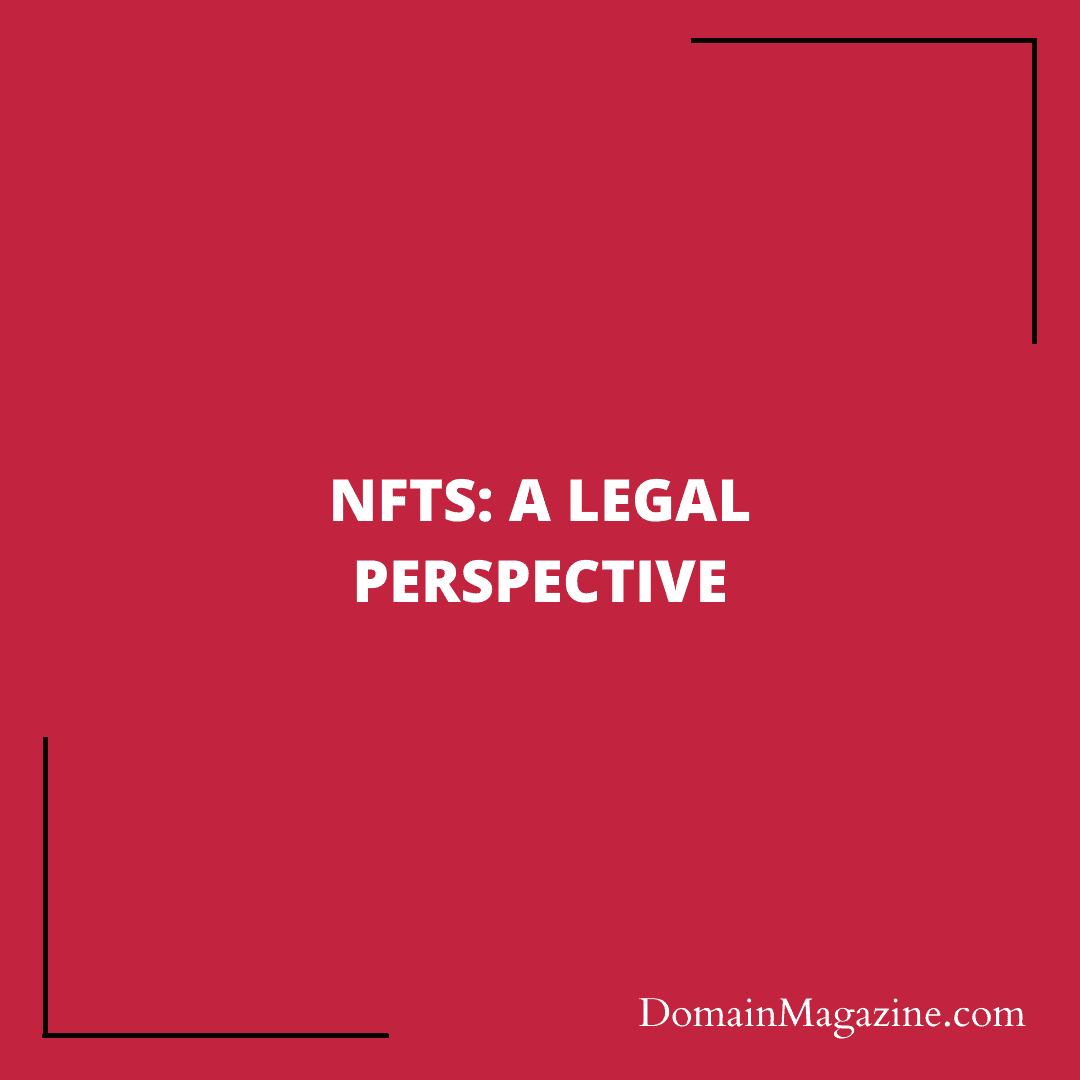The world of NFTs has taken the art world by storm. These digital assets, which use blockchain technology to verify ownership and provenance, have been making headlines as they command millions of dollars in sales. However, with the rise of NFTs come legal issues that need to be addressed.
One of these issues is how NFTs fair in trademark and intellectual property (IP) related cases. The recent summary judgment received by Yuga Labs, the creator of the Bored Apes Yacht Club (BAYC) NFT collection, sheds some light on this matter.
The BAYC Trademarks

In the case against Ryder Ripps and Jeremy Cahen, the U.S. District Court for the Northern District of California ruled that Yuga Labs owns the BAYC trademarks, which are valid and enforceable. This means that Yuga Labs has the exclusive right to use the BAYC name and logo in connection with its NFT collection. The ruling is significant as it establishes Yuga Labs’ ownership of the BAYC trademarks and sets a precedent for future trademark cases involving NFTs.
The RR/BAYC Collection
The court also agreed that the RR/BAYC collection was created to mislead, and Ryder Ripps’s use of BAYC trademarks does not amount to fair use or artistic expression. The defendant’s actions were deemed malicious and intended to profit. This ruling is crucial as it clarifies that the use of trademarks in NFTs is subject to the same legal scrutiny as in any other industry.
Cybersquatting
In addition to the trademark infringement, the court ruled that the domain names apemarket.com and rrbayc.com amount to cybersquatting. Cybersquatting is the act of registering, trafficking in, or using a domain name with the intent of profiting from the goodwill of someone else’s trademark. The judgment argued that the domain names could confuse the general public, and thus the court sided with Yuga Labs. This decision is essential as it confirms that cybersquatting laws apply to NFTs, and domain names can be subject to legal action.
No Damages Awarded
Despite the ruling in favor of Yuga Labs, the court did not award any damages. Instead, the judgment decided that any damages would be calculated and determined during the trial. While this may seem like a setback for Yuga Labs, it is common in trademark cases to defer the damages until the trial. This is because calculating damages can be complex and requires further evidence to be presented at trial.
The Legal Precedent
The summary judgment received by Yuga Labs has set an important legal precedent. The ruling clarifies that NFTs are subject to trademark and cybersquatting laws, just like any other industry. It also establishes that the use of trademarks in NFTs is subject to the same legal scrutiny as in other industries. Moreover, the fact that the court did not award any damages is not a reflection of the strength of Yuga Labs’ case, but rather a standard practice in trademark cases.
NFTs as Goods, not Securities
Finally, reactions within the NFT community have pointed out that the summary judgment has set an important legal precedent. The ruling clarifies that if NFTs are subject to copyright claims, courts are treating them as goods and not securities. This distinction is crucial as it means that NFTs are not subject to securities regulations, which could have significant implications for the industry.
The recent summary judgment received by Yuga Labs has shed some light on how NFTs fare in trademark and IP related cases. The ruling confirms that NFTs are subject to trademark and cybersquatting laws, just like any other industry.


Join the Discussion